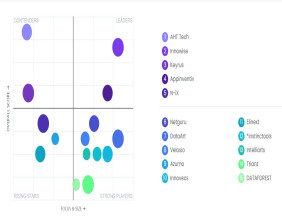Many patients recovering from surgery are being sent home with too much opioid medication, contributing to the global crisis surrounding the drugs, new research has found.
A study conducted by Australian and New Zealand medical students revealed opioids were often being prescribed at double the quantity taken by patients in the week after their operations.
The research, which will be detailed at the Royal Australasian College of Surgeons annual scientific congress in Adelaide on Wednesday, looked at the experiences of 4273 patients treated in 144 hospitals.
All those involved underwent one of 19 very common operations including those involving urological, gynaecological, and orthopaedic procedures.
Of those checked, 1311 had been prescribed an opioid painkiller but seven days later the median amount used was less than half.
Further analysis showed having opioids did not improve patients' pain when they were at home, but did increase the risk of representation to medical services for opioid side effects.
Monash University final-year medical student Aya Basam said the over-prescription of opioids was not just a problem in the United States but an issue in Australia as well.
"The inappropriate over-prescribing of opioids after surgery is contributing to the global opioid crisis," Ms Basam said.
"Generally, surgeons prescribe double the number of opioids a patient consumes in the first week after surgery.
"We send patients home with too many opioids. We need to better tailor opioid prescriptions to individual patients, there is no one size fits all answer."
Ms Basam said the research offered doctors and patients real-world data to guide when an opioid was needed, and if an opioid was being prescribed, how much was typically used by patients.
She said the data would help doctors think more carefully about pain relief, drawing a link between how frequently opioids were prescribed and an overall increase in consumption.




